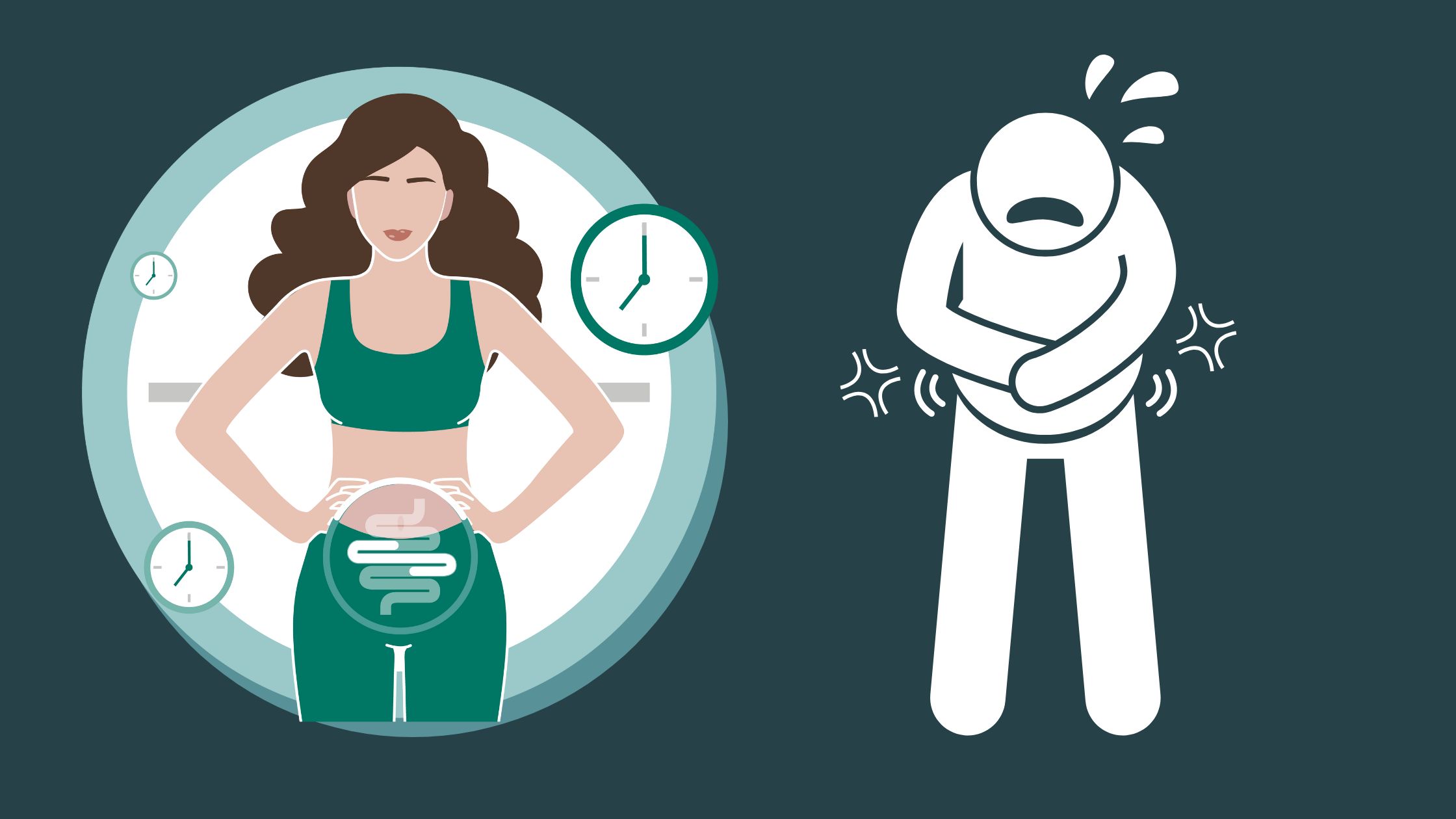10 Foods That Reduce Bloating
Bloating can make your belly feel tight or swollen. Many things can cause it, such as gas, slow digestion, or water buildup. Sometimes, bloating is normal. But if you have it often or it feels severe, it could mean another problem. Most of the time, you can help reduce bloating by eating certain foods. Here are ten foods that may help.

1. Yogurt with Live Cultures
Yogurt with live cultures, also known as probiotics, can help keep the healthy bacteria in your gut balanced. When these bacteria are balanced, your digestion may improve, and you might have less gas. Look for labels that say “live and active cultures.” Stay away from yogurt with too much-added sugar since sugar can sometimes make bloating worse.
2. Bananas
Bananas are a well-known source of potassium. Potassium helps control the amount of fluid in your body. It can also lower the effects of salt, which can cause bloating. Bananas have fiber too, which helps you use the bathroom more regularly. Pick ripe bananas for a sweet taste and softer texture.
3. Ginger
Ginger has been used for a long time to calm the stomach. It has compounds like gingerol and shogaol that can help lessen swelling in your gut. These compounds might also help your stomach muscles relax. You can drink ginger tea or add fresh ginger to your meals.
4. Cucumbers
Cucumbers have a lot of water, which can keep you hydrated. Proper hydration may help your digestive system work better and stop water retention. Cucumbers have a bit of fiber, too. You can slice them for a salad or blend them into a smoothie. Their mild flavor makes them easy to include in many dishes.
5. Papaya
Papayas have an enzyme called papain. This enzyme helps break down proteins, which makes digestion smoother. Better digestion can mean less gas and bloating. Papayas also have vitamins A and C. Fresh papaya is best, but you can try dried papaya if that is easier for you.
6. Fennel Seeds
Fennel seeds have been used for years to ease gas and stomach cramps. They contain a compound named anethole, which can help relax the muscles in your gut. You can chew fennel seeds after meals or make them into tea. Just be aware that fennel seeds have a strong taste.
7. Avocados
Avocados are full of healthy fats and fiber. Fiber helps food move through your system, which may lessen gas and bloating. Avocados also have potassium, which balances sodium in the body. Try adding them to salads, sandwiches, or smoothies for a creamy texture.
8. Oatmeal
Oatmeal has soluble fiber, which soaks up water in your stomach to form a gel-like mass. This can slow down digestion but also help keep your bowel movements regular. Make sure to drink enough water to help fiber do its job. Top your oatmeal with fruits like berries or bananas.
9. Turmeric
Turmeric has a compound called curcumin, which may help reduce inflammation. If there is swelling in your gut, it can lead to bloating. Turmeric might help with this issue. You can add turmeric powder to soups or stews. If possible, pair turmeric with black pepper, which can improve how well your body uses curcumin.
10. Watermelon
Watermelon has a lot of water, which helps keep you hydrated. It also provides vitamins A and C. Staying hydrated can help stop constipation and fluid retention, both of which can cause bloating. You can eat watermelon as a snack or blend it into a juice. Be mindful of its natural sugars, though.
Practical Tips and Precautions
Eat slowly and chew your food well to cut down on the amount of air you swallow. Avoid drinks with bubbles, such as soda, because they can add gas to your stomach. Also, keep a food diary to track which foods make you feel bloated.
If your bloating is very painful or comes with other symptoms like blood in your stool or big weight changes, speak with a health professional. A balanced diet that includes many types of foods, plus enough water, can help support a healthy digestive system.
